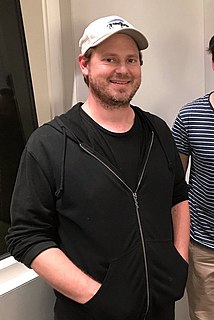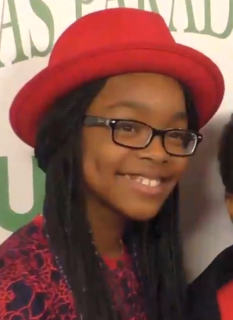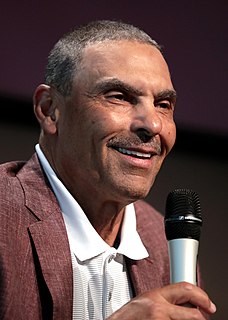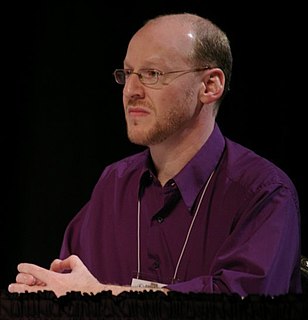A Quote by Tim Heidecker
We use all the takes that no one would ever use and often the moments before we say action, or before we say cut. No one's ever called and complained or anything like that. Everyone's just so grateful to get the work and to be on TV and all that.
Related Quotes
If you have anything to say, anything you feel nobody has ever said before, you have got to feel it so desperately that you will find some way to say it that nobody has ever found before, so that the thing you have to say and the way of saying it blend as one matter--as indissolubly as if they were conceived together.
For ever and ever, we say when we are young, or in our prayers. Twice, we say it. Old One, do we not? For ever and ever ... so that a thing may be for ever, a life or a love or a quest, and yet begin again, and be for ever just as before. And any ending that may seem to come is not truly an ending, but an illusion. For Time does not die, Time has neither beginning nor end, and so nothing can end or die that has once had a place in Time.
Never use a metaphor, simile, or other figure of speech which you are used to seeing in print. Never use a long word where a short one will do. If it is possible to cut a word out always cut it out. Never use the passive voice where you can use the active. Never use a foreign phrase a scientific word or a jargon word if you can think of an everyday English equivalent. Break any of these rules sooner than say anything outright barbarous.
I used to work in an office in New York for this terrible company, and we used to have staff meetings, and I would just count how many times the boss would use the phrase "in terms of." And he would say it like 30 or 40 times. And sometimes he would just say it. He'd be like, "Uhh, in terms of, how are we doing with that?" I realized nobody knows what they're talking about. Everyone's bullshitting. Maybe not everybody, but certainly a lot of people.
Oh wow, you know what's wrong with all these families on TV? All these kids say stuff no kid would say. Stuff grown-ups want them to say. Man, I'd make a really realistic family. Where kids get spankings. On TV parents say, 'Oh, you shouldn't do that ever again. Now you can have ice cream.' Forget it.
I started to make harder jokes before anyone else did. And the producers would get anxious. They'd say, 'That's a little bit hard-edged, isn't it?' And I'd say, 'Let's just try it and see how the audience reacts. If they don't like it, let's cut it out.' And the audience roared with laughter, so I learned you could do this harder humor and people loved it.



































